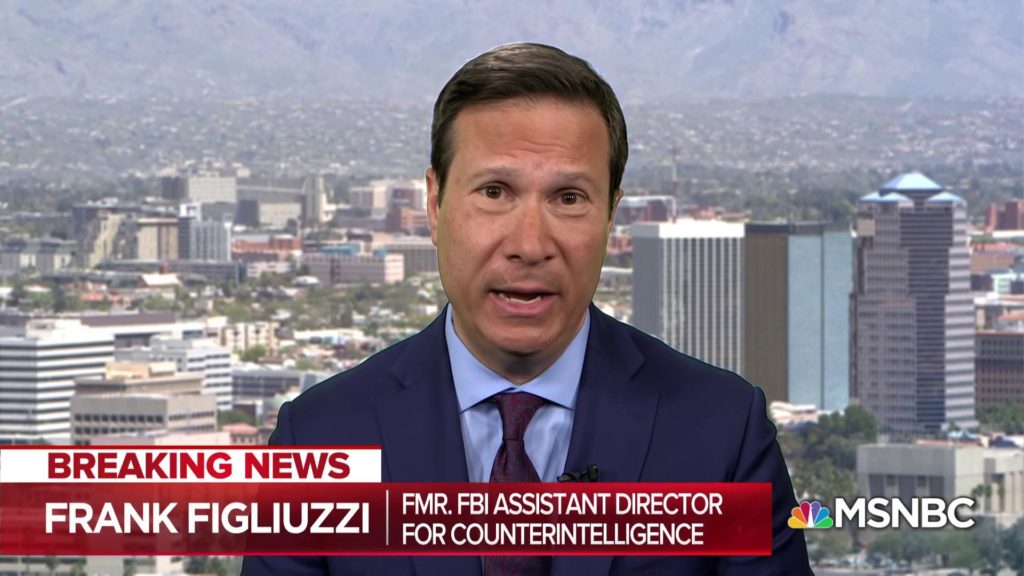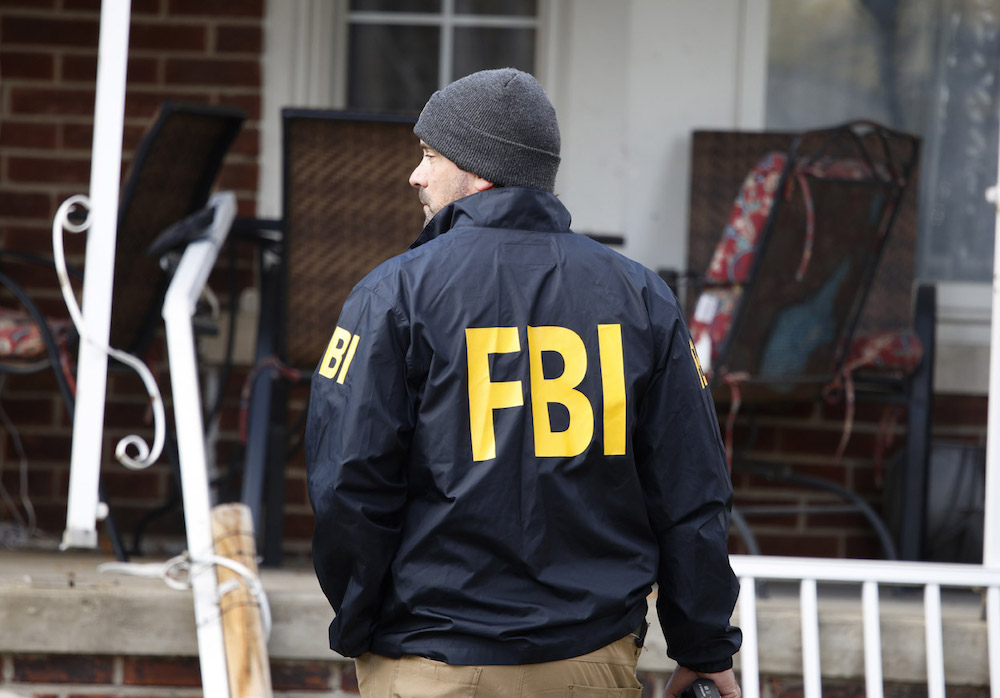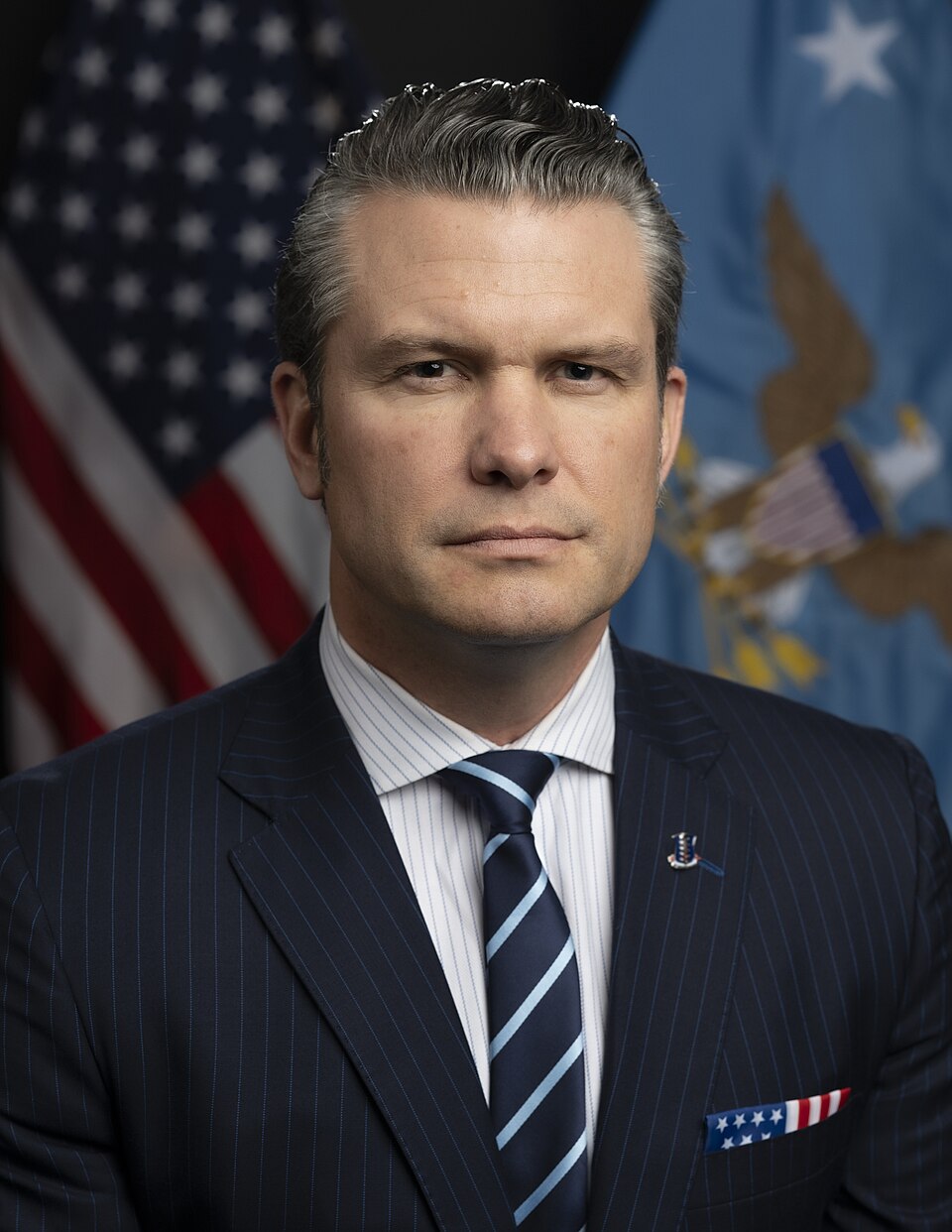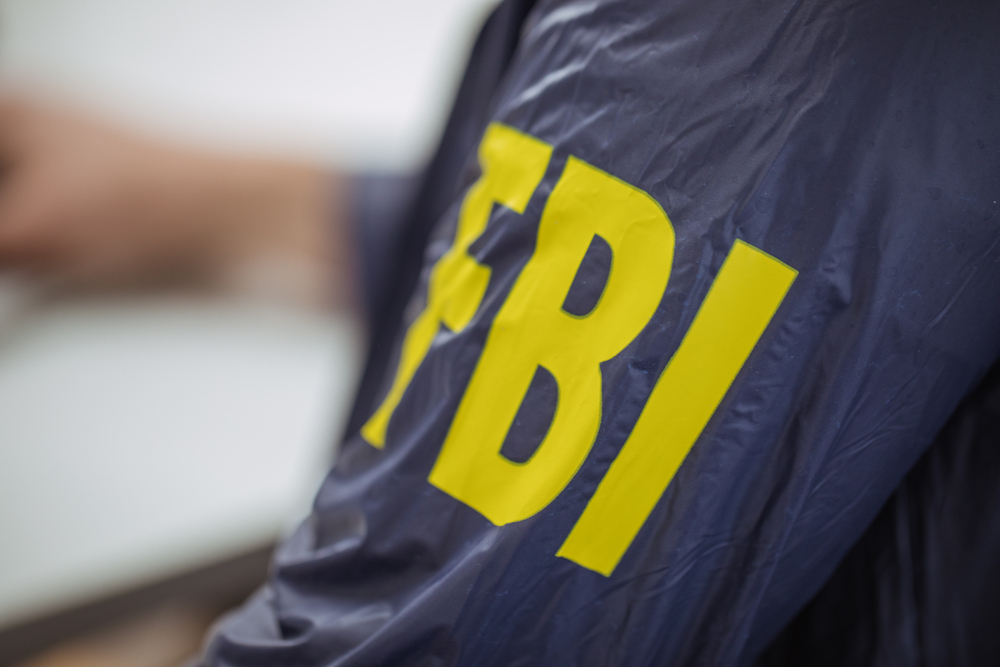By Allan Lengel
Eight current and former ex-FBI agents who are eyewitnesses tell ticklethewire.com that both an original and revised version of a passage in a book by MSNBC commentator Frank Figliuzzi is fabricated, possibly to justify a controversial decision known in the bureau as “Stripgate.”
Figliuzzi, a former assistant director of counterintelligence for the FBI, insists it’s all factual.
“I stand by my account. Call me a liar in print at your legal peril,” he said in an email.
Conversely, agents stand by their story, and say he’s not telling the truth when he alleges in his book that an agent mishandled seized drug money.
“Absolutely didn’t happen. It’s just a complete fabrication,” says one of eyewitnesses, retired agent Gary Rizzo, referring to a passage about a 1999 incident in Miami in Fligliuzzi’s book: “The FBI Way: Inside the Bureau’s Code of Excellence,” which was published in January. Rizzo retired in 2018 but now works for the FBI as a firearms instructor at Quantico.
“Frank’s statements in his book are untrue,” echoes retired agent Michael Anderson, who eventually left Miami and went on to head the Chicago FBI Office. He was a co-case agent on the Miami case in question.
The agents who have come forward expressed concern that Figliuzzi, who retired from the FBI in 2012, is representing the bureau image on TV. It’s particularly bothersome, they say, because he fabricated a passage in his book that touts the high standards of the FBI.
NBC, which has helped build Figliuzzi’s increasingly popular brand on TV since 2017, ignored repeated requests for comment. The TV appearances have helped him get exposure for his podcast, “The Bureau With Frank Figliuzzi,” in which he talks to active agents and specialists “who share their mission, their cases, and their lives.”
On June 24, ticklethewire.com published an article in which three FBI agents – two current and one retired – accused Figliuzzi of making up the passage in his book, possibly intended to whitewash a controversial decision Figliuzzi made 22 years ago ordering two agents to be strip-searched because the boxes they were transporting in a Brink’s truck with millions of dollars in just-seized Miami drug money weren’t sealed according to an operations plan for raids conducted that day. Some have suggested he made up the story in the book about the money being mishandled to cast himself in better light, and justify the controversial strip-search that was frowned upon by many inside the bureau, including some supervisors.
After publication of the story, five additional eyewitnesses, all retired agents, came forward to tell ticklethewire.com the portion in the book – the original and the revised version in the ebook– was fabricated.
The strip-search in the locker room of the FBI Miami Field Office turned up nothing. The agents were clean. Figliuzzi and his boss subsequently were investigated by the FBI’s Office of Professional Responsibility (OPR) for alleged misconduct because they authorized an unprecedented and demeaning strip. Though Figliuzzi writes in his book that he wasn’t charged with wrongdoing, the decision was forever known in the bureau as “Stripgate.”
Money in the Brink’s Truck
Figliuzzi, 58, in his book describes the incident involving FBI agent Stephen Lawrence in 1999 without mentioning his name. Lawrence, who says hundreds of current and former agents know who Figliuzzi is referring to in the book, says he was in the back of the Brink’s truck with the boxes of money when the doors finally opened.
Figliuzzi was an assistant special agent in charge in Miami and 36 at the time. Lawrence was a 33-year-old agent.
Lawrence, one of the eight agents accusing Figliuzzi of being untruthful, was part of a search team that was raiding properties one day in August 1999 linked to a violent Cuban-American drug cartel that had killed witnesses and bribed jurors. While raiding a Miami home, he found $9 million in boxes in the attic. A Brink’s truck was summoned to transport the money.
To maintain a chain of custody, Lawrence stayed in the back of a Brink’s truck with the money and an armored truck guard. Another agent sat up front in the passenger seat. A Brink’s guard drove, and FBI SWAT agents were in vehicles behind and in front of the truck escorting it back to the Miami Field Office at 16320 N.W. 2nd Ave in North Miami Beach.
Figliuzzi and other agents, including those who escorted the truck back, were standing in the back of the vehicle when it opened. Just before it opened, Lawrence said the Brink’s guard who was with him, slipped out of the truck through a side door, leaving him by himself.
According to Figliuzzi’s original account in the book, when the door opened:
“Inside the back of the truck on this sweltering sauna of a Miami day, were two very proud and perspiring agents who had just found the most money they had ever seen in their relatively young lives. In fact, they were so happy and eager to show their bosses the fruits of their labor that they were “making it rain” inside that truck. Loose bills were cascading from the agent’s hands in a shower onto the floor of the vehicle.“
Figliuzzi writes in his book that he ordered the strip search because the boxes weren’t sealed according to the operational plans, and the money was flying around, putting the seizure in legal peril. The agents agree the boxes weren’t sealed according to the plan for the day, but that’s all they agree about.
Lawrence, who is currently an agent in the FBI Los Angeles Field Office, says the money remained intact and was never thrown around, not one bill.
Lawrence asked the publisher, HarperCollins, to correct and remove the false passage in ebooks and future printings about the mishandling of the money.
Publisher’s Response
In March, Beth Neelman Silfin, a lawyer for the publisher, wrote Lawrence’s Beverly Hills attorney Neville L. Johnson, offering to remove the phrase “making it rain” in the ebook and future printings to avoid any “frivolous” litigation. But she insisted the description of the tossing of money was accurate. Figliuzzi at the time told ticklethewire.com he agreed with Neelman Silfin’s letter, and commented no further.
Last Thursday, ticklethewire.com contacted Figliuzzi to let him know that five more agents, who were eyewitnesses had come forward to say his version about throwing money around was false, and a second story was forthcoming.
“This is irresponsible reporting at its worst,” Figliuzzi responded by email. “I will speak to you later this week. But I suggest you cease and desist with the false angles you are portraying.”
Subsequently, Figliuzzi wrote to say the passage in the ebook and the audio were being modified “to accommodate (Lawrence) while remaining true to what I witnessed.”
The phrase “making it rain” had been removed, but the passage still said Lawrence had improperly grabbed some of the seized money, something agents say, if true, would have created potential discipline problems for Lawrence and evidence issues in court for the FBI and U.S. Attorney’s Office. Lawrence was never investigated for any allegations of mishandling money.
The ebook now reads: “On this sweltering sauna of a Miami day, were two very proud and perspiring agents who had just found the most money they had ever seen in their relatively young lives. In fact, they were happy and eager to show their bosses the fruits of their labor. They reached into open boxes and displayed the case in their hands, then let it drop back down.”
Lawrence Responds to Revision
Lawrence responded to the change:
“I understand Figliuzzi recently changed his version of events once confronted with the fact there were additional witnesses, but it’s still all a lie. Despite his wordsmithing, all of this is still completely false.
“I was the agent in the back of the truck with an armored guard, while the other agent (who also got strip searched) rode in the front of the truck with the driver. While the boxes weren’t sealed with evidence tape at the search location by the search team, the boxes were closed and remained closed at all times while in the truck. Let me be crystal clear – no one touched the money in the boxes. Figliuzzi made a horrible judgment call and ordered us to be stripped searched simply because the boxes weren’t sealed at the search location, not because anyone touched any money.
“I challenge Figliuzzi to find one credible witness who can corroborate his version. There’s only one version of the truth and it never changes. Perhaps he should consider practicing what he’s preached – be truthful and accept responsibility.”
Figliuzzi on Friday responded with a statement:
“You are falsely assuming that these other ‘witnesses’ you spoke with saw what I saw at the first moment I saw it. They did not. Not the people who conceded they weren’t even there, nor the people you say were ‘near’ there, nor the people who mistakenly believe they were the first to see, or close enough to see inside the truck.”
Neelman Silfin of HarperCollins declined comment late last week, and instead deferred to Figliuzzi.
“At no point was Stephen Lawrence handling money, throwing money or touching money. I was standing right there about six or ten feet away,” says Scott Umphlet, one of the five former agents who came forward after the first article. He said he was among a group of SWAT agents who escorted the Brink’s truck back to the office and stood outside it when the back door opened with the boxes of money inside.
“I was extremely disappointed how the events were reported later (by Figliuzzi) because that’s not what I observed.”
Brian Jerome, an agent quoted in the first ticklethewire.com story, says of the ebook revision: “That’s baloney. Those guys didn’t open the boxes. The boxes were closed. And there was only one agent in the back. He can’t even get his story straight.”
Retired agent Kevin Olsen, another eyewitness, called the account a “figment of Figliuzzi’s imagination. This doesn’t surprise me he lied to sell a book.”
“He’s full of shit,” added retired FBI agent Ed Knapp, another eyewitness. “He should have removed the whole section. He should have said, ‘I screwed up. I’m sorry.’”








